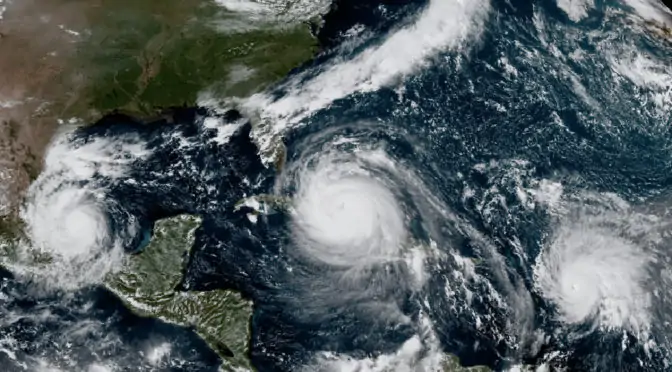In April 2014, the Israeli President and historic figure Shimon Peres led a three days state visit in China, in order to bolster the growing relationship between the two countries (Shannon Tiezzi, “As China Turns Toward Middle East, China and Israel Seek Closer Ties“, The Diplomat, April 09, 2014). It is interesting to note that the discussions were mainly focused on agriculture, natural resources, environmental protection, education and healthcare. Since then, other talks have been held about defense cooperation (Mercy A. Kuo and Angelica O. Tang, “The U.S.-China-Israel Defense Dynamic: Strategic Common Ground”, The Diplomat, May 11, 2015). Beijing has even proposed its mediation in the Israel-Palestine conflict (Shannon Tiezzi, “China appoints new special envoy to the Middle east”, The Diplomat, September …
Continue reading “China, Israel, and the New Silk Road”
The remaining part of this article is for our members and those who purchased special access plans. Make sure you get real analysis and not opinion, or, worse, fake news. Log in and access this article.









